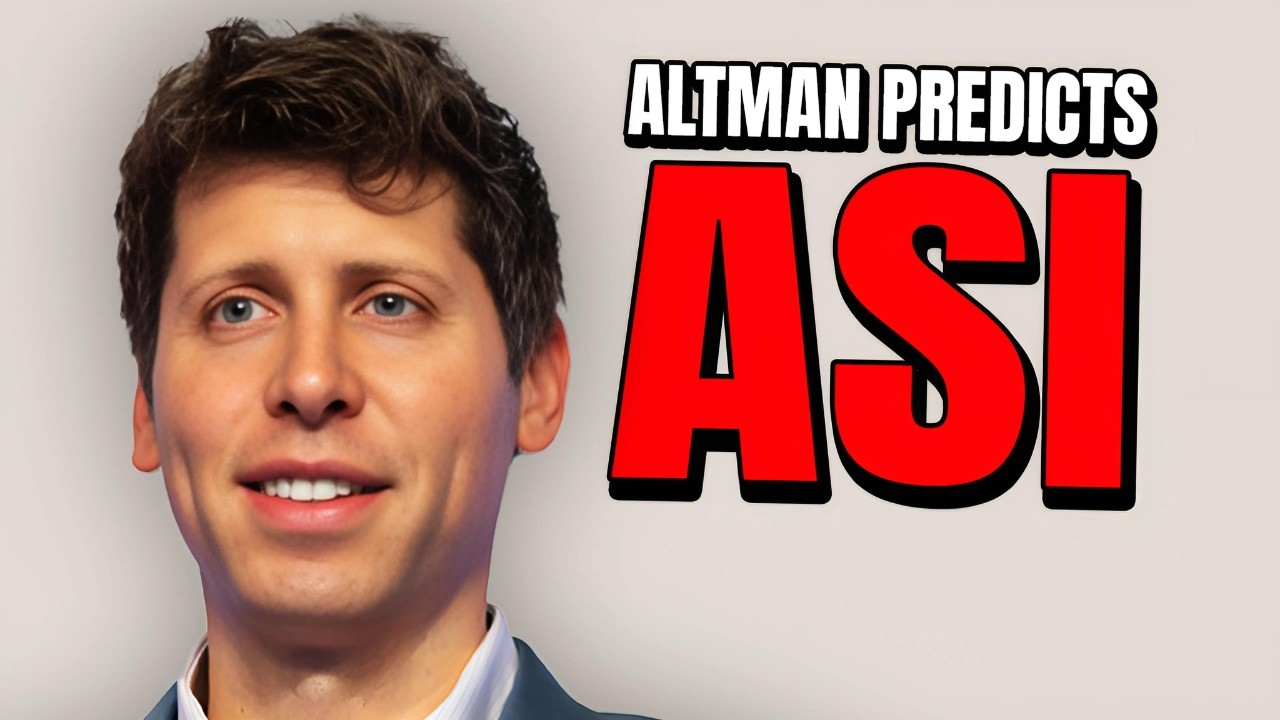OpenAI CEO Sam Altman discusses the rapid advancements in AI and the potential for achieving superintelligence within a few thousand days, emphasizing its transformative impact on society and personal productivity. He envisions AI as a powerful tool for solving complex problems, while also acknowledging the challenges it presents, such as job displacement and the need for equitable access.
In a recent blog post titled “The Intelligence Age,” OpenAI CEO Sam Altman discusses the rapid advancements in artificial intelligence (AI) and the potential for achieving superintelligence within a few thousand days. He emphasizes that the capabilities of AI are evolving at an unprecedented pace, allowing us to accomplish tasks that would have seemed magical to previous generations. Altman believes that we have discovered the pathway to Artificial General Intelligence (AGI) through deep learning, which has proven to be scalable and effective in processing vast amounts of data.
Altman highlights the transformative impact of AI on society, suggesting that it will serve as a powerful tool for individuals to solve complex problems. He envisions a future where personal AI assistants can help manage various aspects of life, from healthcare to education. This personalized approach to learning could revolutionize education by providing tailored instruction to children based on their unique needs and learning styles, moving away from the traditional one-size-fits-all model.
The blog post also touches on the societal implications of AI, including the potential for shared prosperity and improved quality of life for everyone. Altman expresses optimism that AI will enhance human capabilities rather than replace them, allowing individuals to be more productive and creative. He believes that the advancements in AI will lead to significant improvements in various fields, including healthcare and scientific research, ultimately benefiting humanity as a whole.
However, Altman acknowledges the challenges that come with these advancements, such as job displacement and the need for careful navigation of the risks associated with AI. He emphasizes the importance of building infrastructure to ensure that AI remains accessible and beneficial to all, rather than becoming a resource controlled by a select few. The transition to an “intelligence age” will require thoughtful consideration of the societal changes that will occur as AI continues to evolve.
In conclusion, Altman’s vision for the future is one of optimism and potential, where AI acts as a catalyst for human progress. He believes that while there will be challenges, the overall trajectory of AI development will lead to a more prosperous and capable society. By leveraging AI effectively, humanity can unlock new possibilities and address some of the most pressing issues of our time, paving the way for a brighter future.
